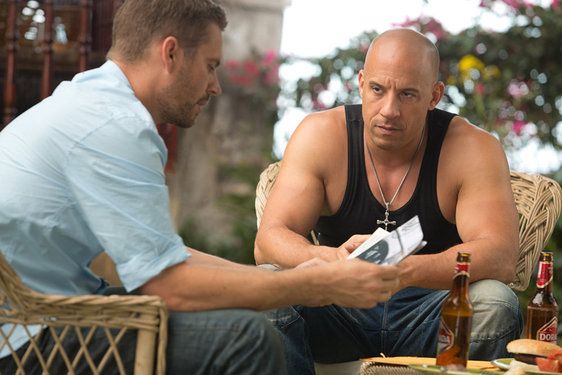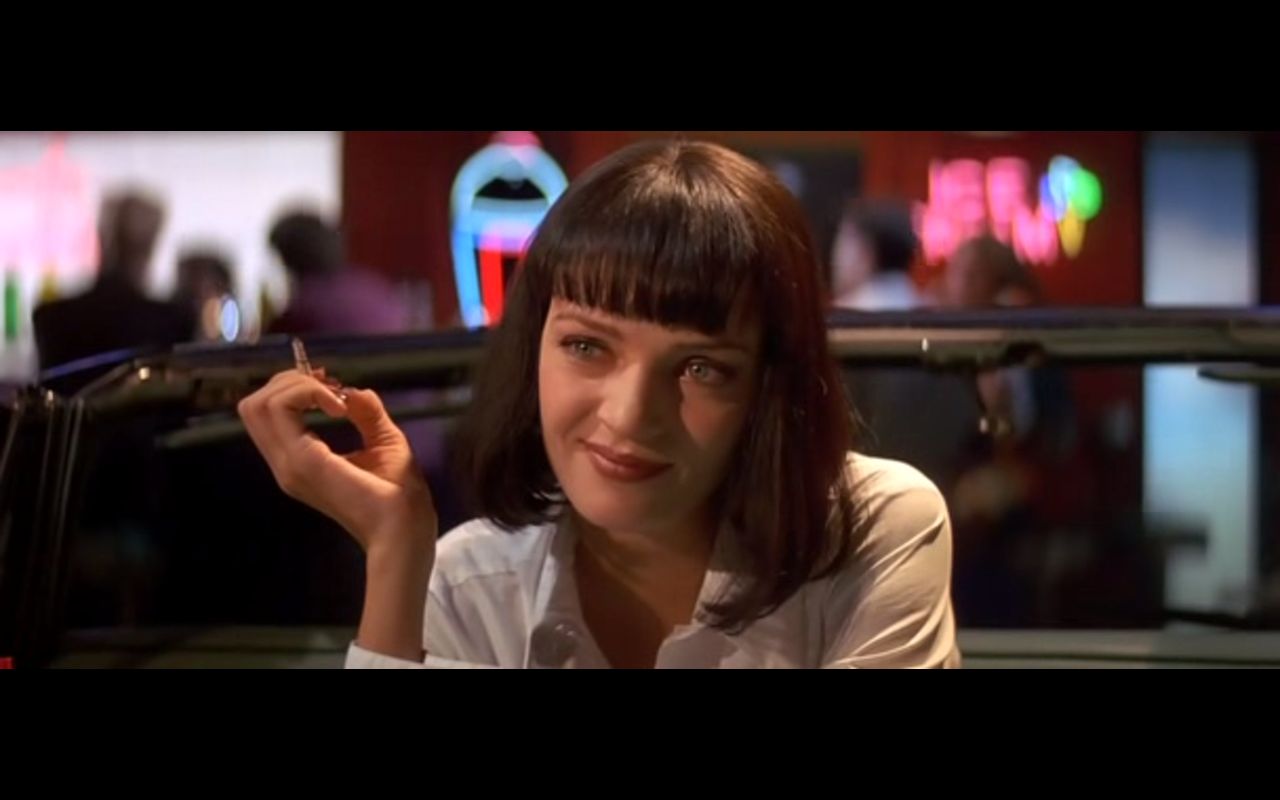
Hollywood, a realm often perceived as a glittering paradise where dreams are not just made but lived, can, at times, reveal a darker, more unforgiving side. Beneath the dazzling lights and endless opportunities lies a complex industry capable of abruptly shutting doors, leaving even the brightest stars in its wake. While the dream looks idyllic — the fame, the fortune, the glamour — there are stories where that very dream turned into a nightmare.
Imagine the phone suddenly ceasing to ring, the offers drying up, and the industry that once embraced you turning its back. This isn’t just a hypothetical scenario; it’s the harsh reality for many who have found themselves on Hollywood’s unofficial “blacklist.” This silent but powerful mechanism can torpedo careers for various reasons, from public gaffes to personal conflicts, and, disturbingly, even for refusing unwanted advances from powerful figures.
In this deep dive, we’re pulling back the curtain on the stories of 14 iconic female stars who, despite their talent and success, faced this very predicament. Their journeys reveal the intricate, sometimes brutal, dynamics of Tinseltown, reminding us that even at the pinnacle of fame, careers can fall off a cliff. Let’s explore the initial seven powerful women who navigated this difficult road, uncovering the controversies that threatened to extinguish their lights.
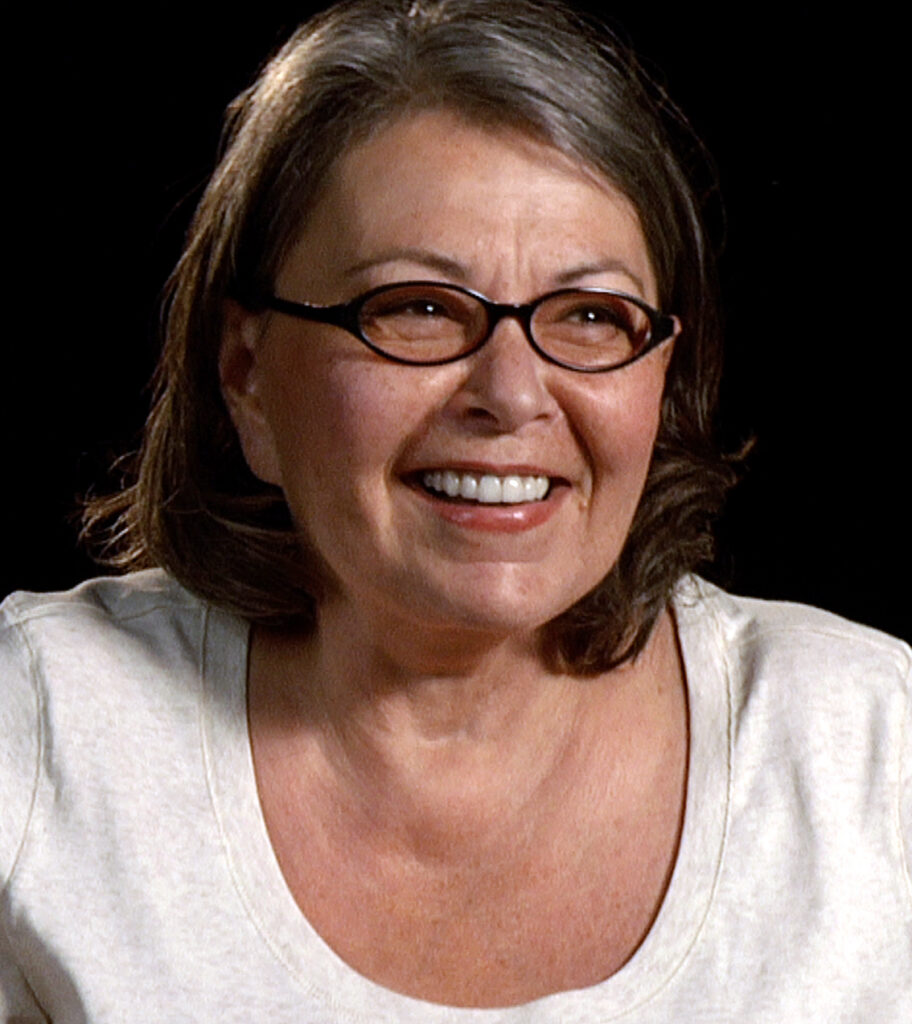
1. **Roseanne Barr: A Comedian’s Controversial Downfall** Roseanne Barr, a formidable voice in comedy and television, celebrated for reviving her popular sitcom “Roseanne” in 2018, swiftly derailed her renewed success amidst a storm of controversy. The sitcom itself mirrored real-life political themes, with the fictional Roseanne being an ardent Trump supporter, often sparring with her liberal sister Jackie Harris. This mirroring of life and art, however, took an unfortunate turn when Barr’s real-life actions intersected with her public persona.
Her career, once seen as championing women of a certain age, came crashing down following a highly problematic social media post. In May 2018, Barr tweeted a racial slur directed at Barack Obama’s adviser Valerie Jarrett. This single tweet ignited a firestorm of criticism, leading to immediate and severe consequences from the industry that had just welcomed her back.
Despite her subsequent deletion of the tweet and apology, ABC reacted decisively. The company promptly canceled the “Roseanne” reboot, with its president condemning her remarks as “abhorrent, repugnant and inconsistent with our values.” The program was swiftly re-envisioned as “The Conners,” writing the fictional Roseanne out as deceased, and Barr has not acted since. This illustrates the swift and unforgiving nature of Hollywood’s response to public indiscretions.
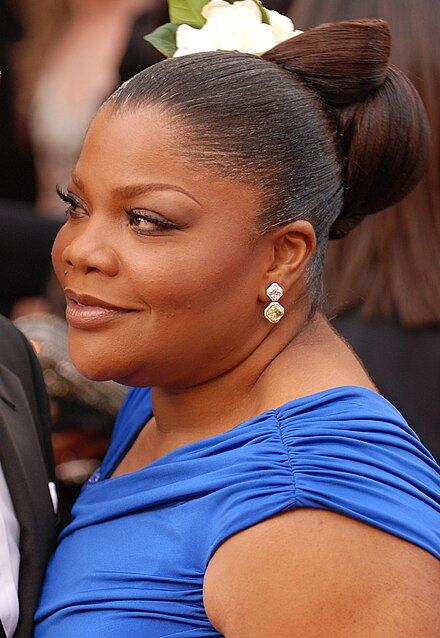
2. **Mo’Nique: The Oscar Winner Who Didn’t ‘Play the Game’** Mo’Nique, an acclaimed comedian and actress, captivated the entertainment world with her Best Supporting Actress Oscar win in 2010 for her searing portrayal in Lee Daniels’ “Precious.” This triumph typically signals a significant career boost. For Mo’Nique, however, the aftermath unfolded differently, as she claims the opposite proved true, leading to her being effectively “blackballed.”
The controversy, according to Mo’Nique, stemmed from her approach to the 2010 Oscar campaign. She received considerable criticism for not engaging in traditional schmoozing activities expected of nominees. She questioned campaigning for an award she hadn’t explicitly sought, asserting that the Academy should judge the performance itself. This stance, though principled, was perceived by some as a failure to “play the game.”
The ramifications became clear when director Lee Daniels reportedly informed her she had been blackballed because she “didn’t play the game.” While Daniels later clarified her demands during the “Precious” campaign were “not always in line with the campaign,” which “soured her relationship with the Hollywood community,” he publicly apologized to her in 2022. This complex situation highlights unspoken rules that can dramatically impact a celebrity’s career. Mo’Nique has had only seven acting jobs since her win, underscoring the long-term impact.
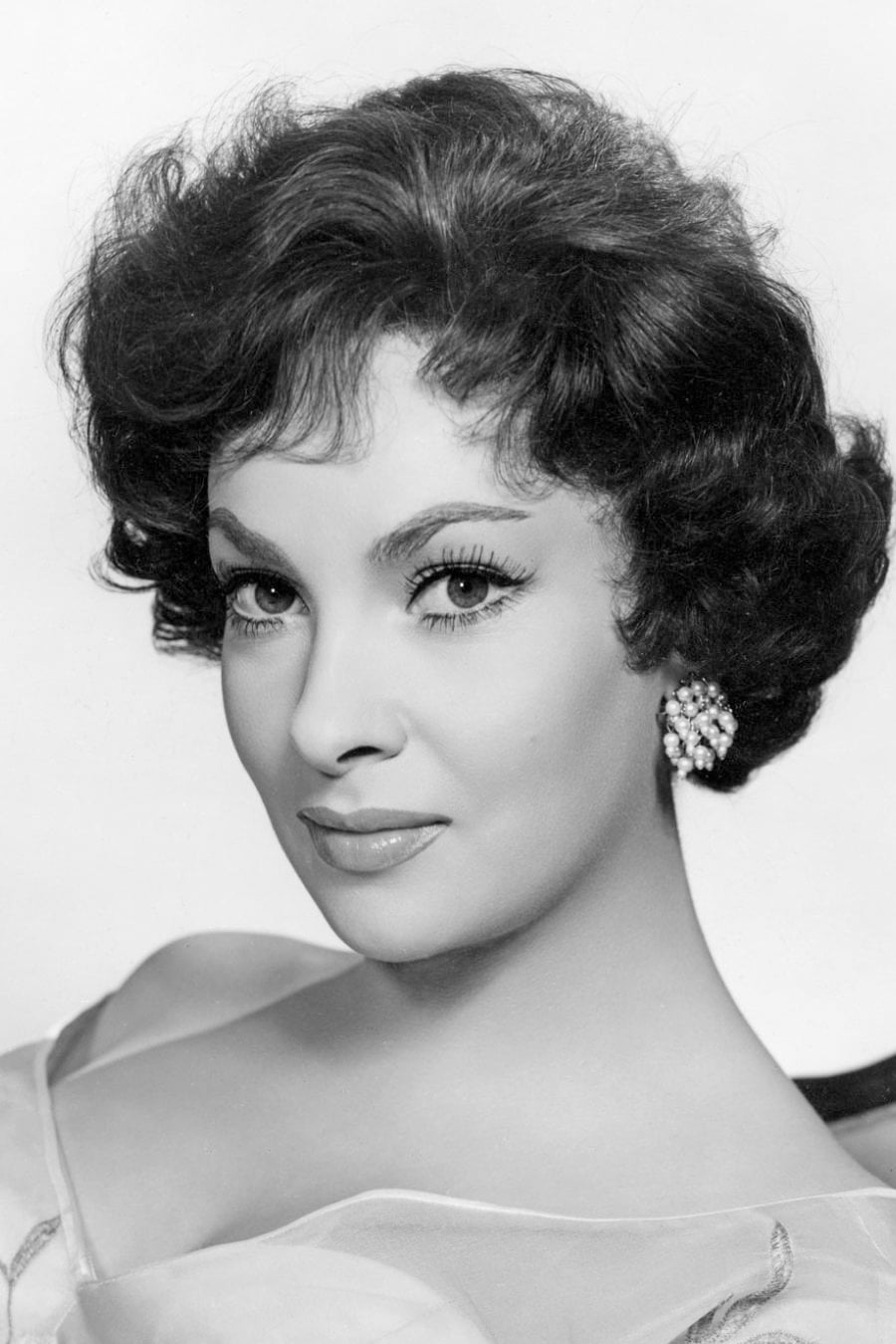
3. **Gina Carano: Social Media Statements and Career Consequences** Former MMA fighter Gina Carano made a significant transition into acting, gaining widespread popularity for her role as Cara Dune in “The Mandalorian.” Fans embraced her character, who aided Mando and Grogu in their galactic adventures. Her career in this beloved “Star Wars” franchise seemed destined for continued growth.
However, Carano’s journey took an unexpected turn due to controversial statements made on social media. In 2021, she posted what was deemed an “awkwardly inappropriate statement” comparing being a Republican in Hollywood to the experiences of Jewish people in Nazi Germany. Lucasfilm swiftly responded, describing her comments as “abhorrent and unacceptable,” leading to her immediate termination from “The Mandalorian.” The character was dropped, and she was also dropped from her talent agency.
Carano defended her post, explaining she shared a meme she translated as: “Don’t let the government pit you against each other or history tells us that could go wrong.” Further complicating her career, her project “White Knuckle” was canceled due to her unwillingness to comply with COVID-19 mask and vaccination rules. While she has since taken on other acting roles, her image and mainstream career have not fully recovered. In February 2023, Carano sued Disney and Lucasfilm over her termination, seeking $75,000 in damages, a lawsuit reportedly funded by Elon Musk, positioning her at the center of industry debates.
Read more about: From Silver Screen to Sidelines: 11 Iconic Female Stars Who Faced Unexpected Blacklisting in Hollywood
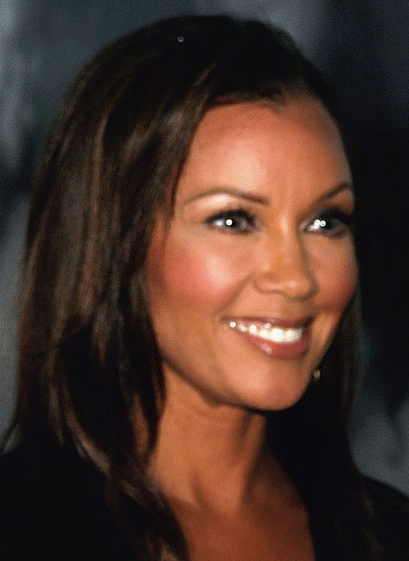
4. **Vanessa Marquez: Allegations of Harassment and a Tragic End** Vanessa Marquez, known for “Stand and Deliver” and a recurring role on “ER,” experienced a deeply troubling trajectory in Hollywood. Her time on the medical drama ended with her dismissal, a decision she later attributed to more sinister reasons. Marquez claimed that several prominent actors on the “ER” set, including George Clooney, sexually harassed her, and that her complaints directly led to her firing.
These accusations painted a stark picture of a challenging and allegedly hostile work environment. While George Clooney expressed sympathy years later, he firmly dismissed the accusations that he was responsible for her removal or blacklisting. This disparity in accounts underscores the difficulty in navigating such sensitive situations in Hollywood, where power dynamics can heavily influence narratives and career outcomes.
Marquez, who steadfastly maintained her story, tragically faced ongoing struggles with mental illness throughout her life. Her career stalled after her departure from “ER,” with very few subsequent opportunities. Her life ended tragically in 2018 during a confrontation with police, a somber conclusion to a career marred by unaddressed claims and the silent, isolating impact of a perceived industry blacklisting. Her story remains a poignant reminder of the vulnerabilities faced by actors who speak out against alleged abuses of power.
Read more about: Sins Under the Silver Screen: 14 Superstars Who Faced Hollywood’s Wrath Due to Scandal
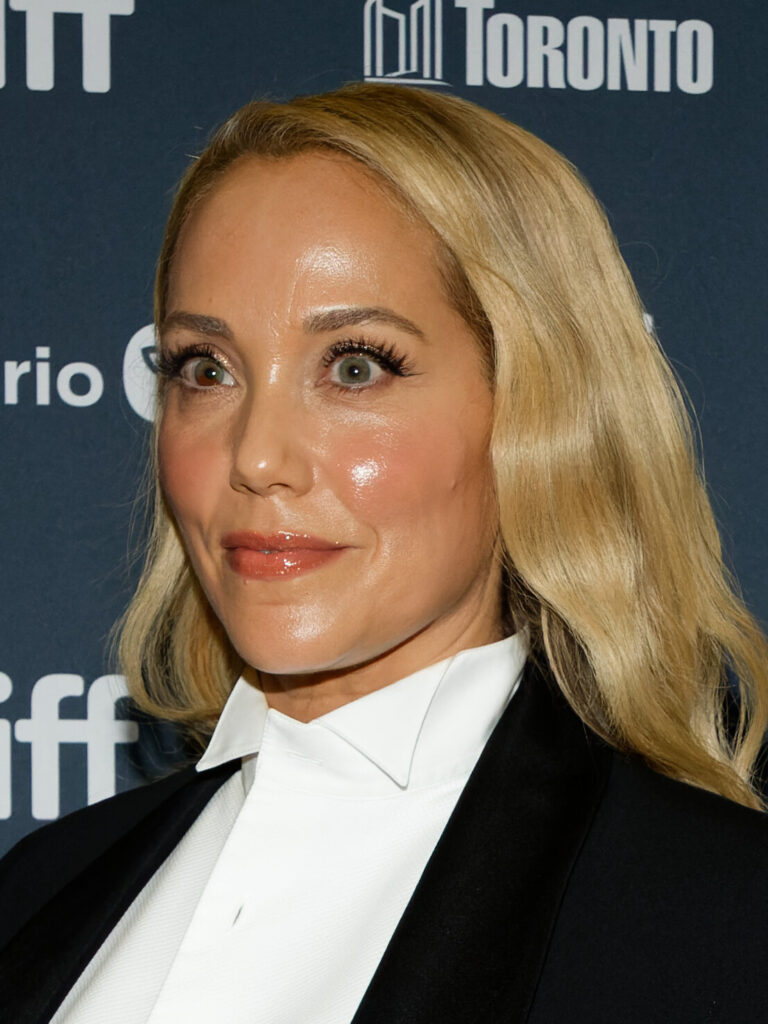
5. **Elizabeth Berkley: The ‘Showgirls’ Gamble That Backfired** Elizabeth Berkley, who first captured public attention on “Saved by the Bell,” embarked on a daring career move in 1995 that dramatically altered her Hollywood path. She took on the lead role of Nomi in “Showgirls,” an infamous film that arrived with considerable hype but ultimately landed with a giant thud. The movie quickly gained notoriety for its explicit content and became a critical and commercial failure, turning into a cultural punchline.
Berkley’s performance in “Showgirls” required her to go “all-in — and all-off,” depicting an aspiring Vegas dancer who spends a “generous portion of the runtime wearing rather little.” This bold choice to shed her innocent “Saved by the Bell” image for such an audacious and revealing role proved a significant professional risk. The film’s spectacular failure cast a long shadow, undermining her ability to secure major roles thereafter.
The aftermath saw Berkley struggling to find prominent work, with the film’s disastrous reception largely blamed for her perceived blacklisting. For years, the shadow of “Showgirls” loomed over her filmography, impacting casting decisions and public perception. However, a “Bell” reunion a few years ago indicated public forgiveness and a potential softening of Hollywood’s stance, offering a glimmer of hope for her enduring presence in the industry.

6. **Tara Subkoff: Resisting Power and Facing Repercussions** Tara Subkoff appeared on the cusp of becoming Hollywood’s next “it-girl,” securing promising roles in acclaimed films such as “The Last Days of Disco” and “As Good as It Gets.” Her early career trajectory suggested a bright future, placing her among rising talents.
However, according to Subkoff’s account, her path was abruptly interrupted by an encounter with the immensely powerful producer Harvey Weinstein. She claimed that Weinstein approached her and pressured her with “sexual overtones,” creating an uncomfortable situation. In a brave act of defiance, Subkoff rejected his advances, a decision that, in the predatory landscape Weinstein cultivated, carried severe consequences.
Following her refusal, Subkoff claimed that Weinstein, leveraging his “incredible influence,” effectively had her “blackballed all over town.” Doors that were once open suddenly closed, and opportunities vanished, making it exceedingly difficult for her to find work. The immense pressure and professional blockade eventually led Subkoff to temporarily leave the entertainment industry, pursuing other interests outside Hollywood. Her story is a chilling example of how power can be wielded to silence and punish those who dare to resist.

7. **Stacey Dash: Political Views and Public Backlash** Stacey Dash, widely recognized for her supporting role in the beloved 1995 teen rom-com “Clueless,” once seemed to have a promising career ahead of her in Hollywood. Her portrayal in the film cemented her place in pop culture, positioning her for continued success.
However, Dash later found herself embroiled in controversy, particularly around her outspoken conservative political views and comments on racial identity. Her “notorious moment at the Oscars” involved a “strange verbal back and forth” with Chris Rock, where she took “umbrage that she might not be ‘Black enough.’” While she doesn’t “owe anyone an apology for either her skin tone or her conservative beliefs,” her public commentary on certain topics proved to be a breaking point.
The turning point came in 2016 when Dash publicly spoke out against Black History Month. This statement ignited significant backlash, leading the entertainment industry to “turn its back on her.” The controversy created an irreparable rift, effectively blacklisting her from the mainstream Hollywood opportunities she once enjoyed. Her experience underscores how deeply political and cultural stances, especially when perceived as insensitive or divisive, can impact a celebrity’s professional life.
Continuing our deep dive into the labyrinthine corridors of Hollywood, we now turn our attention to seven more celebrated actresses whose journeys were unexpectedly derailed. These women, once at the pinnacle of fame, found themselves grappling with the silent but powerful force of the blacklist, facing struggles that tested their resilience and redefined their paths in the entertainment industry. Their stories offer further insight into the intricate challenges and personal tolls exacted by Tinseltown’s unforgiving nature.
Read more about: Sins Under the Silver Screen: 14 Superstars Who Faced Hollywood’s Wrath Due to Scandal

8. **Ashley Judd: Rebuffing Power, Reshaping a Career** Ashley Judd was undeniably on a hot streak in the late 1990s, gracing the big screen in a string of successful films. With hits like “Kiss the Girls,” “Double Jeopardy,” and “A Time to Kill” under her belt, her career seemed destined for continuous ascent, establishing her as a formidable presence in Hollywood.
However, her trajectory took a dark turn when she encountered the powerful producer Harvey Weinstein. According to Judd’s account, Weinstein suggested they “get to know one another in a most intimate way,” an advance she courageously rebuffed. This refusal, as many in the industry would later discover, came with severe professional consequences.
Weinstein’s retaliation was swift and insidious. He reportedly insisted that director Peter Jackson “positively not cast her” in his ambitious “Lord of the Rings” trilogy. This deliberate act of professional sabotage underscored the immense power Weinstein wielded and his willingness to use it against those who dared to defy him.
Fortunately, Judd’s unwavering stance against Weinstein ultimately placed her on the right side of history, becoming a vocal figure in the #MeToo movement. While her career faced hurdles due to the blacklisting, she has since enjoyed a resurgence, securing more acting jobs in the years following the revelations about “heavy Harvey’s” predatory behavior.

9. **Rose McGowan: The Cost of Speaking Out** Rose McGowan was a rising star, building a name for herself with memorable roles in popular productions like “Scream” and her co-starring role in the hit WB series “Charmed.” Her charismatic presence and unique talent positioned her as an actress on the cusp of greater fame, with a seemingly bright future ahead.
However, McGowan’s promising career was tragically altered by an encounter with Harvey Weinstein. She bravely stated that Weinstein not only raped her but subsequently made it incredibly difficult for her to secure acting work, effectively blocking her from opportunities within the industry.
In a powerful act of defiance, “Desperado” filmmaker Robert Rodriguez cast her in his half of the double feature “Grindhouse,” even though Weinstein was a producer on the project. This decision infuriated Weinstein, whose machine responded by providing “Grindhouse” with “almost zero backing,” leading to the film’s unfortunate tanking at the box office.
McGowan’s courageous decision to speak out against Weinstein, despite the severe professional repercussions, solidified her as a pivotal voice in exposing systemic abuse in Hollywood. Her journey became a symbol of the immense personal and professional cost many women faced for standing up to powerful predators.
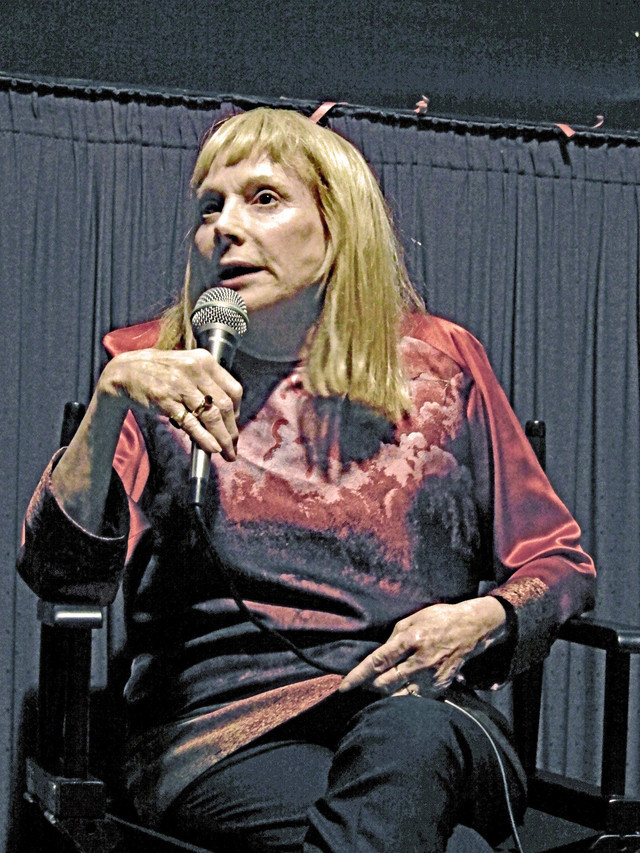
10. **Sondra Locke: A Relationship’s Devastating Aftermath** Sondra Locke’s career was inextricably linked to her long-term relationship with Hollywood icon Clint Eastwood, spanning an impactful 15 years during which the couple had several children together. For a significant period, her professional life revolved around his orbit, particularly through his home studio, Warner Bros.
However, their relationship dissolved, allegedly due to Eastwood’s “constant philandering.” When Locke eventually left him in the late 1980s, she claims her acting roles “promptly abandoned her.” This dramatic shift suggests a powerful, unspoken blackballing effect, stemming directly from the fallout of their personal entanglement.
In her autobiography, “The Good, the Bad, and the Very Ugly: A Hollywood Journey,” Locke vividly recounted the professional devastation. She explained that having worked exclusively with Eastwood for so long, she hadn’t developed a network outside of him and Warner Bros. More critically, she believed Eastwood’s “obvious enmity toward me had a surefire ‘blackball’ effect.”
Locke described how, despite not needing to articulate his wishes, the industry understood that no one wanted to “get on his bad side.” This unwritten rule, where powerful figures can subtly influence casting decisions, made it exceedingly difficult for her to find work. Though an ugly court battle ensued and she eventually found some roles, her career never fully recovered, leaving a poignant legacy of personal and professional struggle.

11. **Mira Sorvino: Another Victim of Weinstein’s Vengeance** Mira Sorvino, an Oscar-winning actress, was a highly respected talent in Hollywood, a fact that makes her subsequent career struggles all the more egregious. Her story, sadly, mirrors that of Ashley Judd, with whom she coincidentally co-starred in the 1996 film “Norma Jean and Marilyn.”
Sorvino, like Judd, courageously rejected Harvey Weinstein’s “frequent sexual overtures.” In a vindictive reprisal, Weinstein actively sought to derail her career. Director Peter Jackson later revealed that Weinstein “successfully dissuaded” him from casting Sorvino in his ambitious “Lord of the Rings” trilogy, explicitly labeling her a “nightmare to work with.”
When Jackson’s comments confirming Weinstein’s sabotage came to light, Sorvino’s emotional response was profound. She tweeted, “I burst out crying. There it is, confirmation that Harvey Weinstein derailed my career, something I suspected but was unsure.” Her heartbreak was palpable, echoing the suspicions many actresses held for years.
The blacklisting by Weinstein had a significant impact, but the “stain of Weinstein seems to have worn off” over time. Mira Sorvino is now experiencing a welcome career resurgence, with a promising slate of projects, proving her talent could not be indefinitely suppressed by a predator’s agenda.
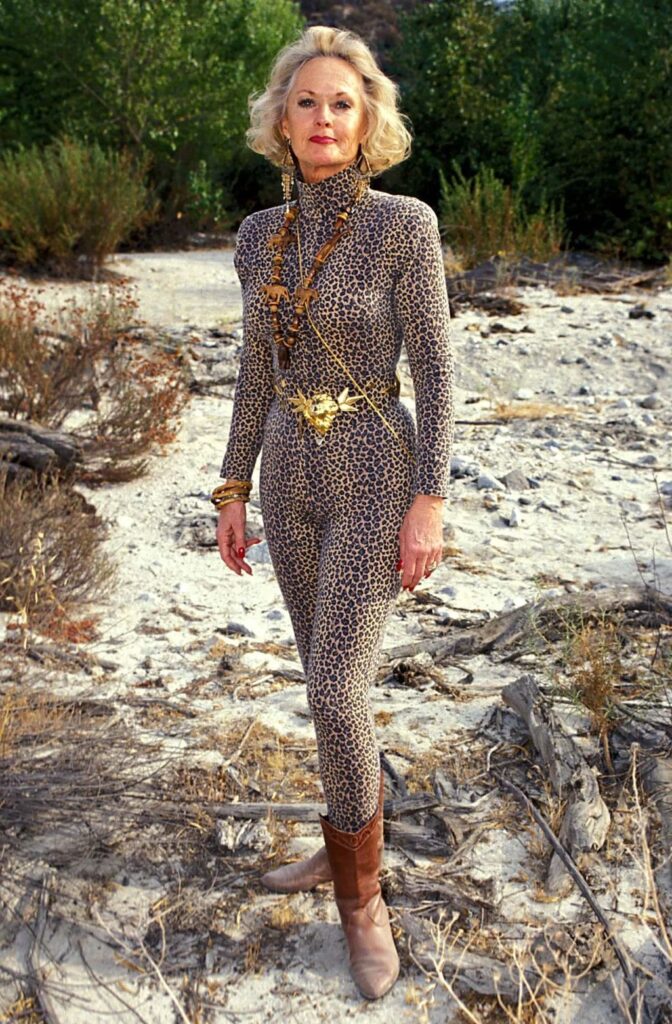
12. **Tippi Hedren: Defying the Master of Suspense** Tippi Hedren’s entry into Hollywood was nothing short of a dream, plucked from her modeling career by the legendary Alfred Hitchcock. He cast her in leading roles for two iconic films, the 1963 suspense thriller “The Birds” and the 1964 psychological drama “Marnie,” catapulting her to instant stardom.
However, the working relationship between the muse and the master quickly soured. Hedren bravely recounted that Hitchcock desired “more than just act” from his leading lady and that she firmly rejected his sexual advances. This refusal enraged the powerful director, leading to a dark chapter in her career.
Hitchcock, consumed by fury, threatened to “ruin her career.” Despite Hedren’s desire to move on, he refused to release her from her contract, effectively preventing her from securing other major roles for two agonizing years. This amounted to a punitive form of blacklisting, where she was essentially “paying her not to work.”
Hedren unequivocally stated that Hitchcock’s actions “essentially ruined her career as a leading lady.” While her career eventually recovered to some extent, and she later became a vocal animal rights activist, the experience left an indelible mark, highlighting the profound vulnerability of actresses to powerful male figures in Hollywood.
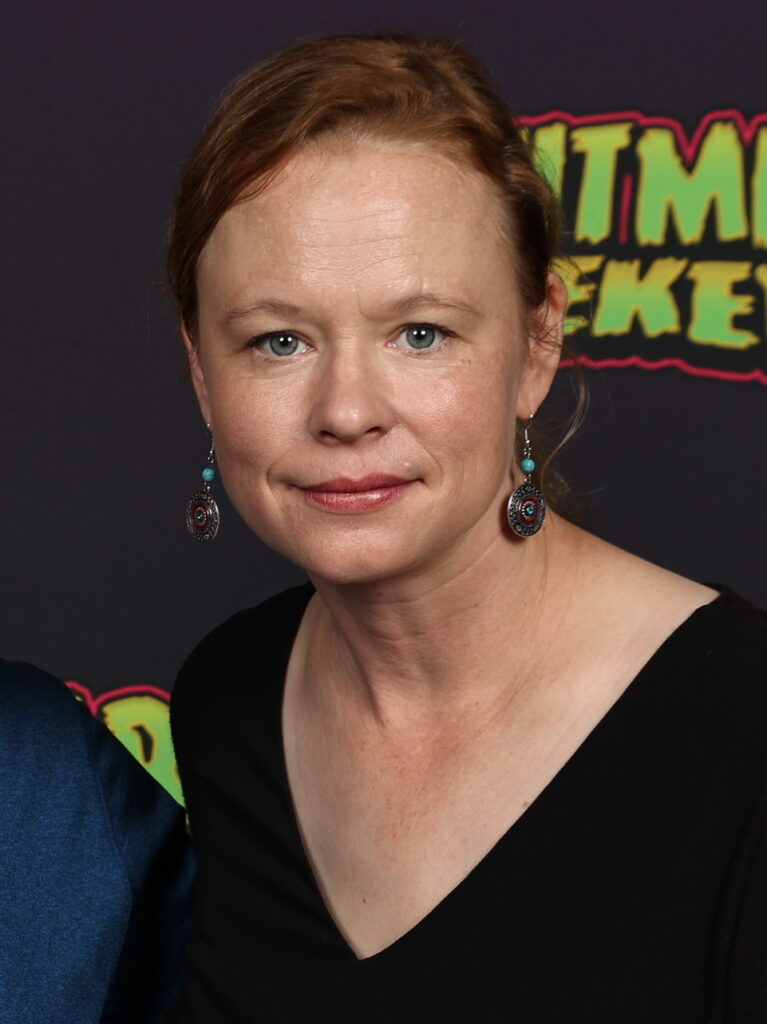
13. **Thora Birch: The ‘Difficult’ Label and a Stalled Ascent** Thora Birch was a beloved child star, known for films like “Hocus Pocus,” and seamlessly transitioned into a respected adult actress with acclaimed roles in the late 1990s and early 2000s, including “American Beauty.” Her early career trajectory suggested she would become an enduring Hollywood fixture.
Yet, her career inexplicably failed to reach the superstardom many anticipated. The industry began to whisper the dreaded label: “difficult.” This term, often unfairly applied to women in Hollywood, significantly hindered her opportunities and painted her in a negative light.
The turning point came in 2010 when Birch was “summarily fired” from a Broadway production of “Dracula.” Allegations surfaced that her father and manager had “reportedly physically threatened a co-star,” an incident that cemented the “difficult” reputation and made casting directors wary of working with her.
Regardless of the full truth behind the incident, the impact was undeniable. Birch has since had only “intermittent acting work,” failing to regain the momentum of her early career. Her story serves as a stark reminder of how quickly a promising talent can be sidelined by industry labels and backstage drama.

14. **Katherine Heigl: Unapologetically Opinionated, Publicly Punished** Katherine Heigl was a highly successful actress, particularly recognized for her role in the hit series “Grey’s Anatomy” and her burgeoning film career. Yet, her openness about her opinions and experiences led to a swift and damaging backlash from the very industry that had celebrated her.
The controversy ignited in 2007 when Heigl publicly criticized her film “Knocked Up,” calling its portrayal of women “humourless and uptight” and “a little sexist.” These comments, though seemingly honest, were met with widespread criticism, setting a dangerous precedent for her public image.
She later reflected on the escalating situation, stating, “I may have said a couple of things you didn’t like, but then that escalated to ‘she’s ungrateful,’ then that escalated to ‘she’s difficult,’ and that escalated to ‘she’s unprofessional.'” Heigl candidly questioned, “What is your definition of difficult? Somebody with an opinion that you don’t like?”
The perception of Heigl as “difficult” spread quickly through Hollywood, resulting in a dramatic reduction of her role on “Grey’s Anatomy” and a refusal by many creative professionals to work with her. This professional isolation took a significant toll on her mental health. Fortunately, Heigl has shown remarkable resilience, with her recent Netflix series, “Firefly Lane,” signaling a triumphant return and a testament to her enduring talent.
As we conclude our journey through these compelling narratives, it’s clear that Hollywood’s blacklist, though unofficial, is a formidable force capable of reshaping and, at times, ending careers. Whether triggered by social media missteps, principled stands, or unfortunate personal entanglements, the impact on these iconic female stars has been profound and often long-lasting. Their struggles remind us that beneath the glamour and glitz, the entertainment industry harbors a complex, often unforgiving, power dynamic. Yet, in their perseverance and the occasional triumphant return, these women also illuminate the enduring strength required to navigate Tinseltown’s unpredictable tides. The stories of these 14 remarkable actresses serve as powerful cautionary tales, urging us to reflect on the unseen forces that can make or break a star’s trajectory in the public eye.


